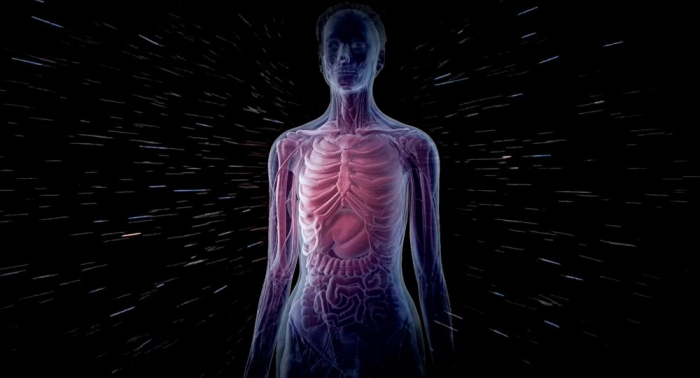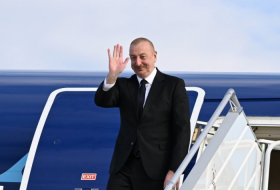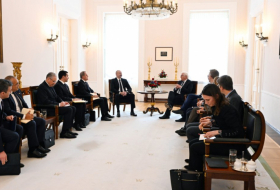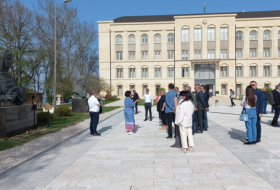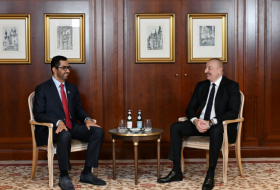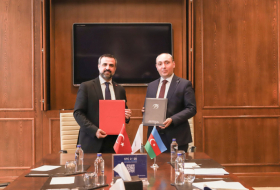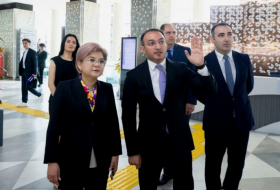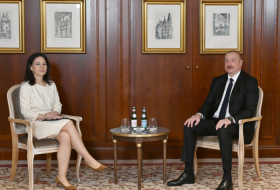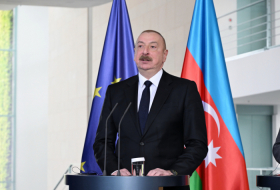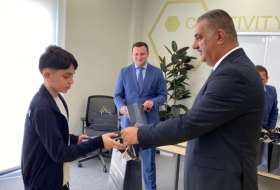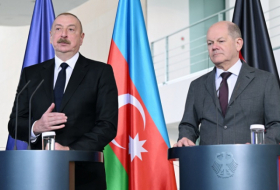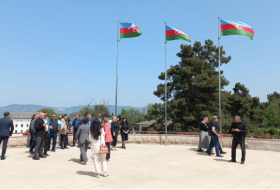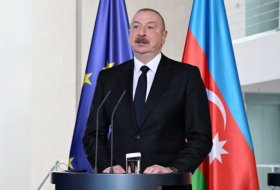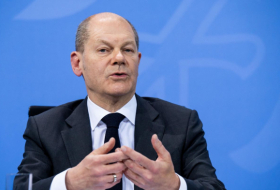The immune system largely determines health, and its malfunctions increase the risk of infections and even cancers. However, it is very difficult to determine if the immune system is working properly. The new diagnostic method has the potential to completely overturn how we think about the quality of immune system diagnostics.
Scientists from BFU, Speransky Children's Hospital No. 9 in Moscow, the Institute of Chemical Biology and Fundamental Medicine in Novosibirsk and their foreign colleagues conducted research that resulted in the ability to quickly determine whether a person's immune system is compromised.
"Our innovation is unique because it is the only system in the world that not only reveals if there are certain markers present or they are absent, but also their quantity. In addition, this method is inexpensive and accessible. A test will only cost 450-500 rubles," Andrei Prodeus, researcher and professor at BFU, co-host of The Good Life television program on Channel One, told RIA Novosti.
This test can be carried out in almost any lab that has basic equipment for genetic analysis, or PCR analysis (polymerase chain reaction). The test system can quickly and inexpensively analyze development markers for T-cells and B-cells.
According to the scientists, the research showed that the new method was more effective than many of the more expensive options. There had been no way to determine both the quantity and the quality of immune markers before.
This system will prevent patients from spending money on various medicines to "boost the immune system" offered by unscrupulous producers.
"Today many people want to ‘boost their immune system' and there are many medicines promising to do this. But the question is, should we improve our immune system? Perhaps it is alright, and the reason we don't feel so good is different? Our tests can quickly discover the answer," said Prodeus.
The method has been officially registered by the Federal Service for Supervision of Healthcare and will be introduced in practice. The participants of a meeting of children's oncologists, haematologists and immunologists have adopted clinical recommendations that make use of the tests.
Soon scientists plan to publish two papers on their research: one on neonatal screening (how to discover problems with newborns' immune system) and on fighting leucosis (how to evaluate the effectiveness of leukemia treatment).
According to Prodeus, it is difficult in this day and age to carry out research on genetics and immunology in any one place. The symbiosis of technology, knowledge and clinical practice is necessary. BFU plans to create a platform to test the new system and expand this local experience to other regions and countries in the future.
More about: Science Immune-system








